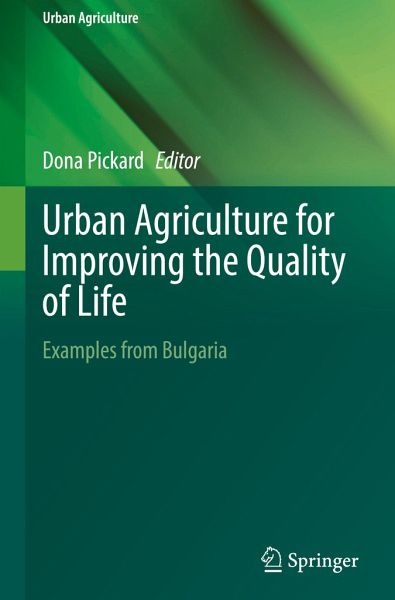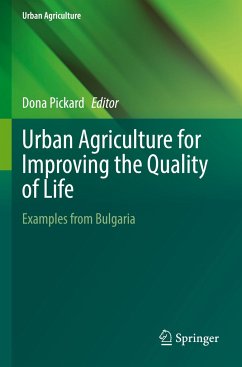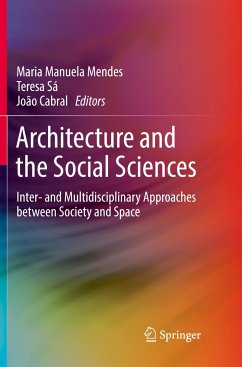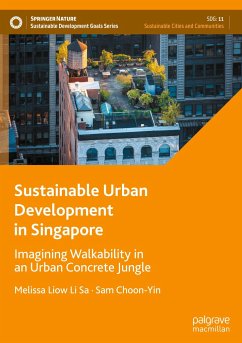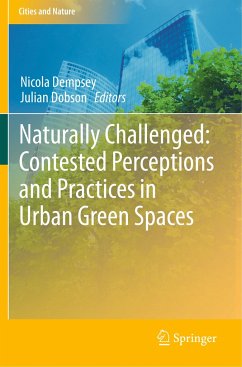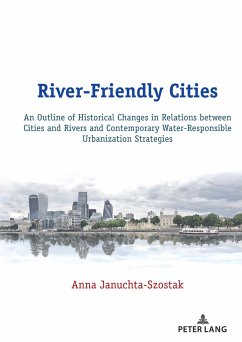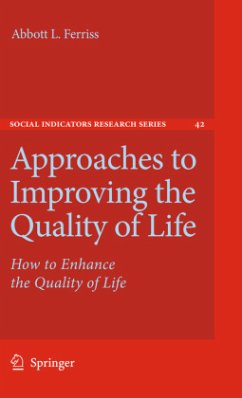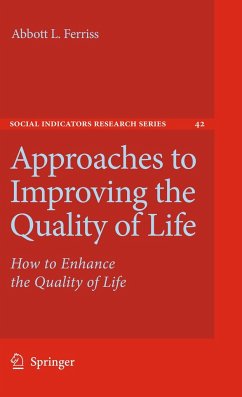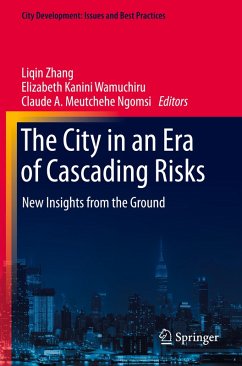Dona Pickard, PhD is an Assistant Professor in Sociology at the Institute of Philosophy and Sociology at the Bulgarian Academy of Sciences. She has been studying social capital in rural communities and the social effects of agriculture in urban environments. Her interest in the subject is focused on the potential of urban agriculture to improve the quality of life of urban communities through social cohesion, integration of disadvantaged communities and citizenship empowerment. Apart from coordinating academic research in the field of urban agriculture, Dona Pickard consults other research institutions on the topic, as well as NGOs and the media. Mariana Draganova, PhD is an Associate Professor at the Department of Stratification, Inequalities and Mobilities, Institute of Philosophy and Sociology, Bulgarian Academy of Sciences. Her main research interests and experience are in the field of rural sociology: land reform, sustainable rural development; rural-urban relations; rural tourism; urban agriculture. As a key expert-sociologist she carries out theoretical and empirical studies and analysis. M. Draganova has coordinated and participated in national and international projects in the field of agriculture and rural development. She coordinated the interdisciplinary project "Urban agriculture as a Strategy for Improving the Quality of Life of Urban Communities". Galina Koleva, PhD is an Assistant Professor at the Institute of Philosophy and Sociology at the Bulgarian Academy of Sciences. Her research and scientific activities (projects, surveys, analyses, teaching and scholarships) are in the fields of business and entrepreneurship, rural economy and land use, rural-urban relationships and urban agriculture, employment and informal economy. Since her participation in the COSTAction Urban Agriculture Europe (2012-2016), her areas of scientific interests have been focused on the socio-economic performance of urban farming; entrepreneurial models of urban agriculture and their role in the economic system and the effects on the urban environment and society as well. Zornitsa Stoyanova, PhD is an Associate Professor, PhD at the Natural Resources Economic Department at the University of National and World Economy, Sofia Bulgaria. Her scientific interests are in the field of sustainable development agricultural and environmental management, natural resource economy. She is Chairwoman of the Business Faculty General Assembly and Deputy head of the Natural resource economics department. Stoyanova has over 100 publications (books, articles, papers) on the agricultural sector, natural resources, water and environmental management, project and risk management, education etc. Z. Stoyanova is a team member andteam leader in more than 25 international, national and university projects. Albena Nakova, PhD is an Associate Professor in Sociology at the Institute of Philosophy and Sociology, Bulgarian Academy of Sciences. For more than 25 years, her academic interests and scientific research have focused on the intersection of sociology and social psychology and, more specifically, on the study of problems of social communication and interaction, social representations and attitudes, communities and identities, social inequalities, social cohesion, community building, social capital, as well as the problems of inclusion of ethnic minorities and disadvantaged groups. She has over 90 scientific publications on these issues and has participated in over 30 scientific projects. Emilia Chengelova is a Professor, Doctor of Sociological Sciences at the Institute of Philosophy and Sociology at the Bulgarian Academy of Sciences. Herexperience is focused on implementation of Social Survey Methods (both qualitative and quantitative methods), extensive work in elaboration of conceptual models and methodological approaches for collecting empirical information. She has successfully implemented innovative research techniques to study respondent behaviour and obtain reliable research data. Her methodological qualification and expertise have found relevant practical implementation in more than 80 projects over the last twenty years. Prof. Chengelova has over 120 publications, including 30 monographs and more than 35 articles in highly ranked scientific journals. Nina Toleva-Nowak is a PhD candidate in History and Theory of Architecture at the University of Architecture, Civil Engineering and Geodesy, Sofia. Her research focuses on history and theory of urban planning, self-organization, spatial reflections of social practices, preservation of cultural heritage, interdisciplinary research andworking with volunteers and local communities. In 2016, she was Head of Research of a comprehensive interdisciplinary study of the third biggest prefab neighbourhood in Bulgaria. Currently she is a Chief Expert of "Culture, Archaeology and Cultural Heritage" Department at Plovdiv Municipality. She has multiple publications in the field of urban theory, grassroots processes and empowering neglected groups. Petko Tzvetkov is a Master of Science in Ecology at Sofia University. He is an expert and a project manager at the Bulgarian Biodiversity Foundation and a consultant for several other environmental organizations and agencies. He has got over 20 years of experience in applied ecology, biodiversity conservation, and sustainable development. His scientific interests are biodiversity assessment and environmental management. He is a qualified field researcher of bird migration. During the last 10 years, his special interest and focus is on theoretical and practical aspects of urban agriculture and gardening. Ivaylo Dedov, PhD is an Associate Professor, specialist in gastropods at the Institute of Biodiversity and Ecosystem Research, Bulgarian Academy of Sciences. He has more than 100 publications on molluscs and has participated in many research projects, including "Development of a representative national system of protected areas in Republic of Macedonia", "Transboundary Biosphere Reserve Prespa - Support to the Albanian Prespa National Park", "Mapping and assessing ecosystem services in wetlands in Bulgaria", "East and South European Network for Invasive Alien Species", "Establishing a European Red List of Terrestrial Molluscs". Since 2003 Dedov has been a consultant of the scientific CITES committee at the Ministry of Environment and Water, Bulgaria. Stoyan Beshkov, PhD is an Associate Professor, Deputy Director and Head of the Invertebrates Department of the National Museum of Natural History, Bulgarian Academy of Sciences. His scientific interests are in the field of biodiversity and nature conservation, especially of Lepidoptera. Beshkov has over 140 publications (books, articles, papers) on the Lepidoptera fauna of Bulgaria, Balkan Peninsula and other countries. Several species and subspecies are described by him, several other taxa, including one genus are bearing his name. Beshkov proposed several Natura 2000 sites for Bulgaria and works on the biodiversity in the majority of the Natura 2000 sites and parks in Bulgaria. He is the founder and member of several NGO-s and scientific societies and is a member of several editorial boards. Peter Shurulinkov, PhD is an Associate professor at the National Museum of Natural History, Bulgarian Academy of Sciences. At present he is the curator of the bird collection. His scientific Interests are in the field of ornithology, parasitology, ecology and nature conservation. Member of BALKANI Wildlife Society since 1993. Author of 107 scientific articles and two books in the fields of ornithology, ecology and parasitology. He has been an active bird ringer since 1990.
